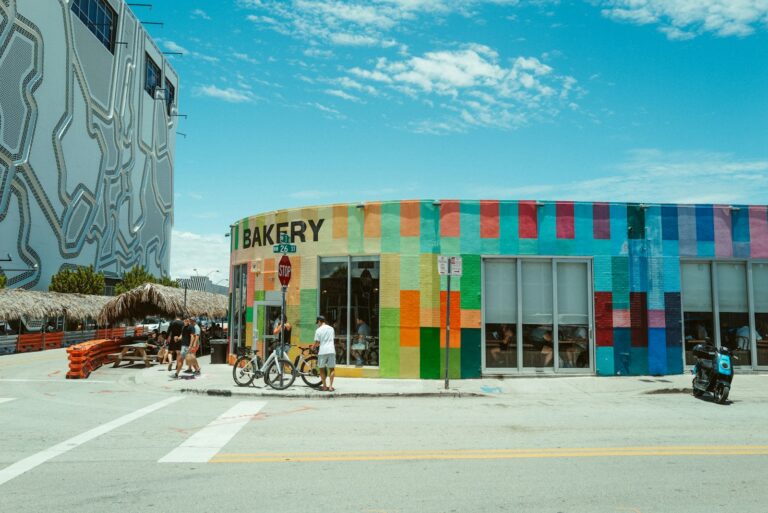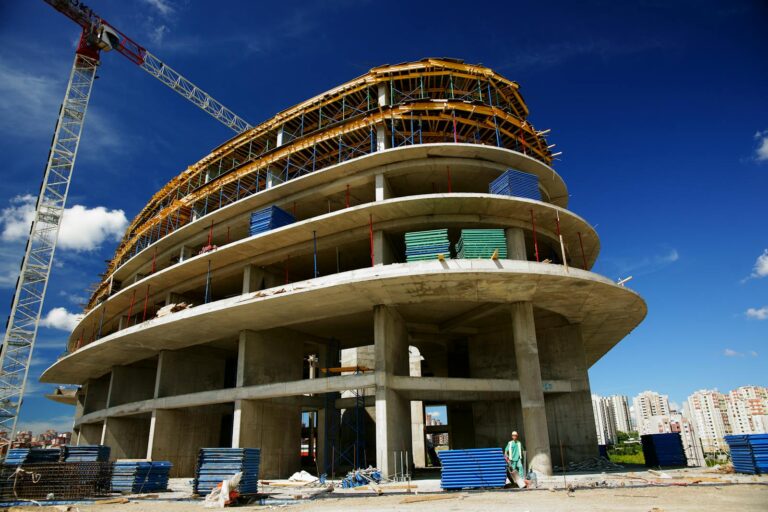As an experienced commercial real estate advisor, I’m often asked about the optimal timing for selling properties. If there was one hard and fast rule, then I’d be rich enough to not be working anymore. The truth is, there’s no one-size-fits-all answer.
Timing the exact top of the cycle is rare, and in many cases the “top” is different for across the country, state, local and property type levels.
However, understanding market dynamics and key factors can help you make an informed decision. Let’s dive into the critical elements that influence the best time to sell commercial real estate.
Market Cycles and Economic Indicators
The commercial real estate market operates in cycles, influenced by broader economic trends. As Bill McBride notes in his Calculated Risk blog, “U.S. economic developments in real estate” play a crucial role in determining market conditions. Keep a close eye on key economic indicators such as GDP growth, employment rates, and interest rates. When the economy is strong, demand for commercial properties tends to increase, potentially leading to higher sale prices.
It’s essential to recognize that different sectors of commercial real estate may respond differently to economic shifts. For instance, retail properties might face challenges due to the rise of e-commerce, while industrial warehouses could see increased demand from the same trend. Stay informed about sector-specific trends to make the most strategic decisions for your portfolio.
Local Market Conditions and Property Performance
While national trends are important, local market conditions often have a more direct impact on your property’s value. As highlighted in the CommercialCafé blog, “nationwide CRE news, market reports and other industry insights” can provide valuable context. However, you’ll need to drill down into your specific location and property type for the most relevant information.
Consider factors such as:
- Local employment growth
- New development in the area
- Changes in zoning or regulations
- Infrastructure improvements
Additionally, assess your property’s current performance. Are occupancy rates high? Are tenants stable and paying market-rate rents? A well-performing property in a strong local market can command premium prices, making it an opportune time to sell. Have you added value since you’ve owed the property?
Technological Advancements and Market Disruption
The commercial real estate industry is not immune to technological disruption. As noted in the Propmodo blog, which focuses “exclusively on commercial real estate technology and the built environment,” staying ahead of tech trends is crucial. Emerging technologies can significantly impact property values and market dynamics.
For example, the rise of remote work has altered demand for office space in many markets. Similarly, advancements in logistics and automation are reshaping the industrial real estate sector. Before deciding to sell, consider how current and upcoming technological shifts might affect your property’s value in the near and long term.
If your property is well-positioned to benefit from or adapt to these changes, it might be worth holding onto. Conversely, if you anticipate challenges due to technological shifts, selling sooner rather than later could be the prudent choice.
Capital Markets and Financing Environment
The availability and cost of capital play a significant role in commercial real estate transactions. Keep a close eye on interest rates, lending standards, and the overall health of the capital markets.
When interest rates are low and capital is readily available, more buyers can enter the market, potentially driving up prices. Conversely, tighter lending conditions might reduce the pool of potential buyers but could also create opportunities for cash-rich investors.
Moreover, consider the current state of your financing. If you have favorable terms on existing debt, it might be advantageous to hold the property. On the other hand, if you’re facing a loan maturity or less favorable terms, selling could be a strategic move.
Tax Considerations and Regulatory Changes
On both a personal and general level. Tax laws and regulations can significantly impact the profitability of a commercial real estate sale. Stay informed about potential changes in capital gains taxes, 1031 exchange rules, and other relevant regulations. If favorable tax conditions are set to expire or change, it might be wise to sell before these changes take effect. Conversely, upcoming tax incentives or regulatory changes that benefit your property type could make holding the asset more attractive.
TLDR
Determining the best time to sell commercial real estate requires a comprehensive analysis of various factors, from broad economic trends to property-specific performance metrics. Every situation is unique. To discuss your specific circumstances and develop a tailored strategy for your commercial real estate holdings, don’t hesitate to reach out.
Not sure if the time is right? Together let’s analyze your portfolio, assess current market conditions, and chart the most profitable path forward for your investments.







